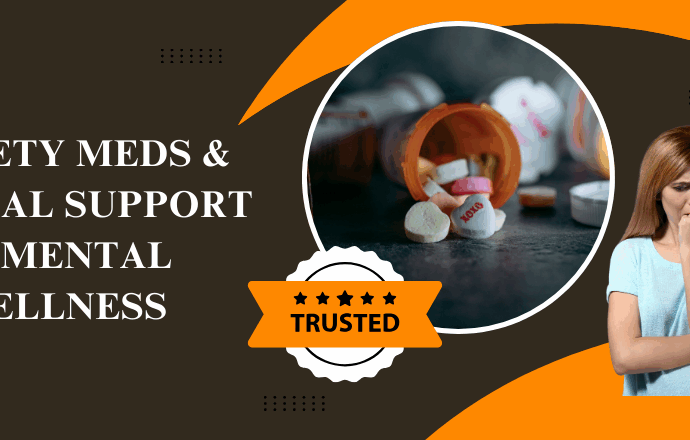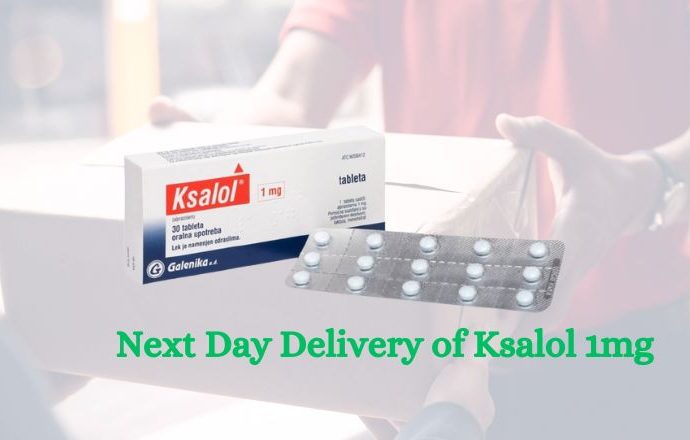There is some evidence to suggest that individuals who suffer from restless legs syndrome (RLS) may benefit from taking vitamins C, D, and E. The legs of those who suffer from restless legs syndrome (RLS) are characterized by uncomfortable sensations, and they are compelled to move them.
What is Restless Legs Syndrome
Restless leg syndrome, is a disorder that causes an individual to feel an urge to move their legs. It can affect people at any time of the day but is more noticeable during the evenings and at night. To know more about this, you can easily connect with the experts of Online Pharmas 24*7.
More about Restless Legs syndrome
This disorder causes feelings such as painful and prickly in the person’s legs. RLS can make it problematic to perform everyday actions and fall asleep, which may cause persons to feel exhausted during the day. This condition may also affect a person’s mental health, leading to Depression and mood swings.
The National Institute of Neurological Disorders and Stroke Trusted Source (NINDS) states that restless leg syndrome affects up to 10% of the population. This article examines the potential benefits that certain vitamins may have for individuals who suffer from restless legs syndrome (RLS). In addition to that, it discusses recommended dietary allowances (RDAs), undesirable effects, and further therapeutic choices.
Along with vitamins, RLS
According to the National Health Service (NHS), approximately one in five pregnant women experience symptoms of restless legs syndrome (RLS) during the final trimester of their pregnancy. At the moment, experts do not have a clear understanding of the precise reason of this phenomenon.
Vitamin C
Ascorbic acid, also known as vitamin C, is a water-soluble vitamin that makes a substantial contribution to the development and repair of cells throughout the body.
Advantages
- During the course of a trial that was carried out in 2018, researchers administered vitamin C to the bloodstream of patients who were undergoing dialysis by the use of an intravenous (IV) introduction.
- The data indicate that it may have effectively reduced the issues associated with dialysis, such as itching and restless legs syndrome (RLS), and increased the quality of sleep.
Consequences for the physical body
It is possible that the following will occur if you consume an excessive amount of vitamin C:
- Nausea and bowel movements
- Pain in the stomach
Vitamin D
Vitamin D that is fat-soluble is a type of nutrient. Furthermore, it regulates the quantity of calcium and phosphate that is taken in by the body.
Benefits
- Keeping the bones and muscles in good health and maintaining themselves
- Controlling the amount of sugar that is present in the blood
- Increasing the strength of the immune system
Adverse Reactions
- Nausea and vomiting
- Muscle weakness
- Confusion
- Loss of appetite
Vitamin E
An antioxidant that is fat-soluble, vitamin E can be found in a wide variety of foods. Due to the fact that the body is unable to synthesize vitamin E, it must acquire it from dietary sources.
Benefits
- Preventing and reducing the rate of cell damage
- The prevention of blood clots
- Dilation of the blood vessels
Other Treatments
Medications
- Dopamine Agonists which mainly increase dopamine levels
- Sleep medicines or hypnotics such as Zopiclone and Zolpidem
Lifestyle Modifications
- Activities such as avoiding stimulants like caffeinated drinks and alcohol in the evening
- Stopping smoking, if appropriate
- Maintaining a regular bedtime schedule
Summary
Restless legs syndrome, also known as RLS, is a persistent movement disease that affects the legs and causes them to have an overwhelming need to move.
Some study suggests that vitamins C, D, and E may be good for people who suffer from restless legs syndrome (RLS), although there is not enough information to definitely define which vitamin supplements may help with RLS symptoms.











